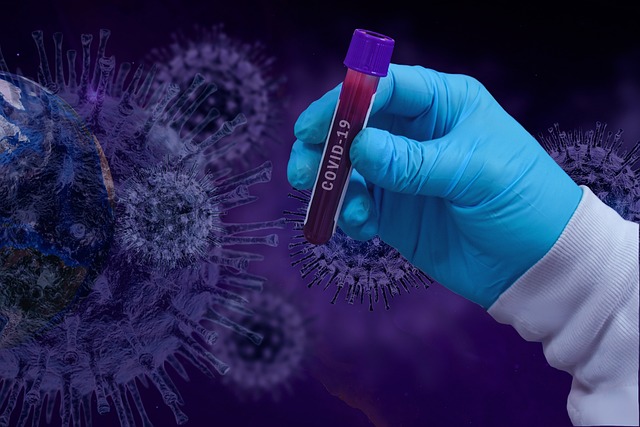The World Health Organization has added a new strain of Covid-19, JN.1, to its list of “variants of concern” , its second highest level of monitoring.
Being a branch of the BA.2.86 omicron subvariant (nicknamed “Pirola” by the media), 1 JN.1 is described by the WHO as a “low” risk to global public health. The agency warned, however, that the winter season in the northern hemisphere could increase the burden of respiratory infections in many countries.
According to the WHO, after having accounted for only 3% of infections in early November, JN.1 is now responsible for more than 27%.
JN.1 was first detected in 12 countries in September, with the highest proportions in Canada, France, Singapore, Sweden, the United Kingdom and the United States. The UK Health Security Agency has told the BBC that JN.1 is found in around 7% of positive Covid-19 tests analysed.
US Centers for Disease Control and Prevention (CDC) data shows JN.1 is the fastest-growing Covid strain in the US, responsible for 15-29% of new ones Covid infections. It is already the dominant strain in the northeastern United States, where it is responsible for a third of all cases.
T Ryan Gregory, an evolutionary biologist at the University of Guelph in Canada, told CNN: “It’s already pretty clear that it is highly competitive with existing XBB variants and appears to be on track to become the next type of globally dominant variant group. . "
Current vaccines
The US CDC said there was only one change between JN.1 and BA.2.86 in the spike protein on the surface of the virus, which helps the virus infect people. Since the spike protein is also the part targeted by existing vaccines, current vaccines should work against JN.1 and BA.2.86.
The CDC said: “Initial scientific data shows that the updated Covid-19 vaccines for 2023-2024 help our immune system block BA.2.86. We expect JN.1 to be similar. “We also hope that treatments and tests will continue to be effective based on analyzes conducted by the SARS-CoV-2 Interagency Group (a group of scientific experts representing many government agencies).”
The WHO has emphasized that current vaccines continue to protect against serious illness and death from JN.1 and other circulating variants of SARS-CoV-2 (the virus that causes Covid-19) and has urged people to stay up to date. with their vaccines particularly those at high risk of disease.
The UN agency also warned that Covid-19 was not the only respiratory disease circulating. Flu, respiratory syncytial virus (RSV) and common childhood pneumonia are on the rise, he said, reminding people to wear masks, wash their hands regularly, cover coughs and sneezes and stay home if they are sick.
Katelyn Jetelina, an epidemiologist, said JN.1 “has become the fastest growing variant in the last two years,” adding that evidence from public wastewater showed the strain was increasing exponentially.
“The big question is whether and how hospitalizations will follow wastewater trends, especially in places like the United States where vaccination rates are low,” he wrote. “The United Kingdom and Singapore, which have high vaccination rates, are seeing a sharp increase in hospitalizations now that JN.1 has taken over.”
Jetelina told the Washington Post: “It comes at exactly the same time that our social networks are expanding as we travel and visit people we don’t normally see. I don’t think that means we should cancel our vacation. It certainly won’t be a tsunami like the one we saw with Omicron. “It’s just not the optimal time.”
















